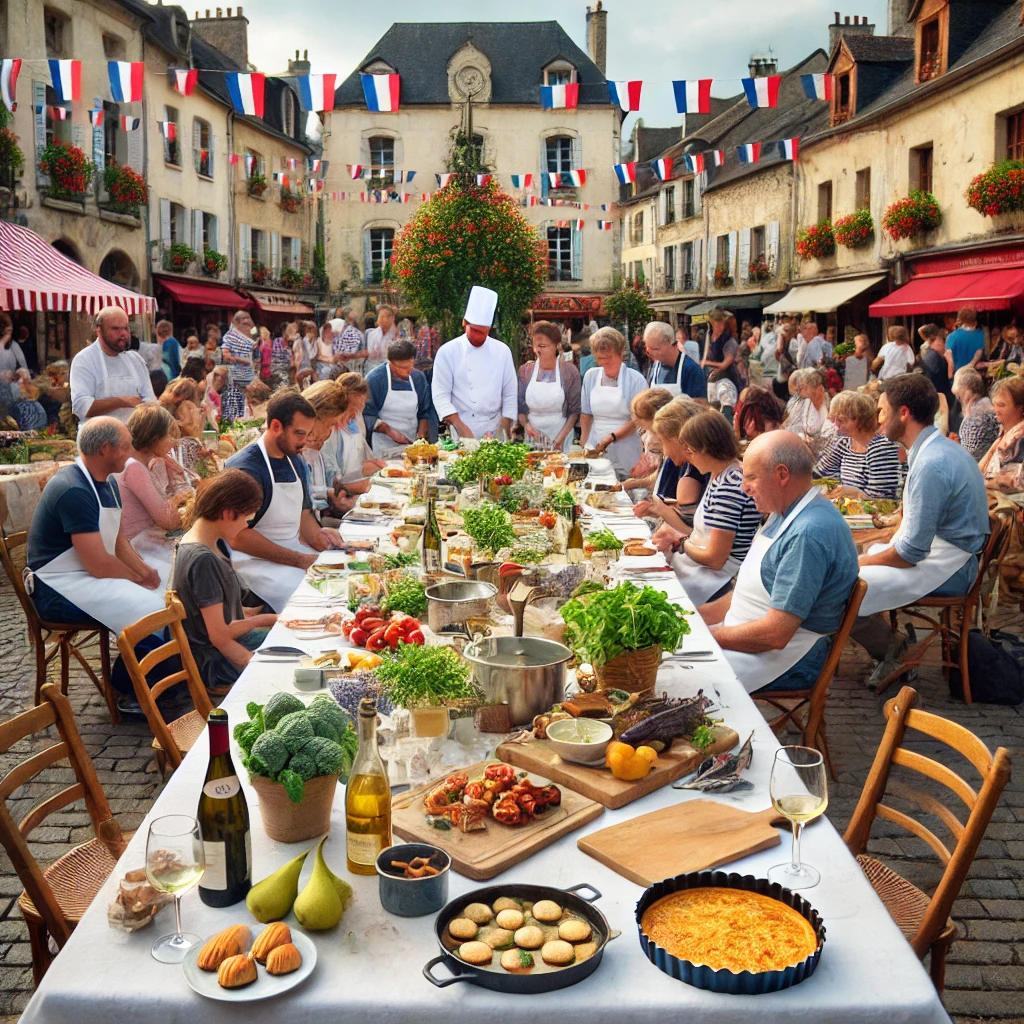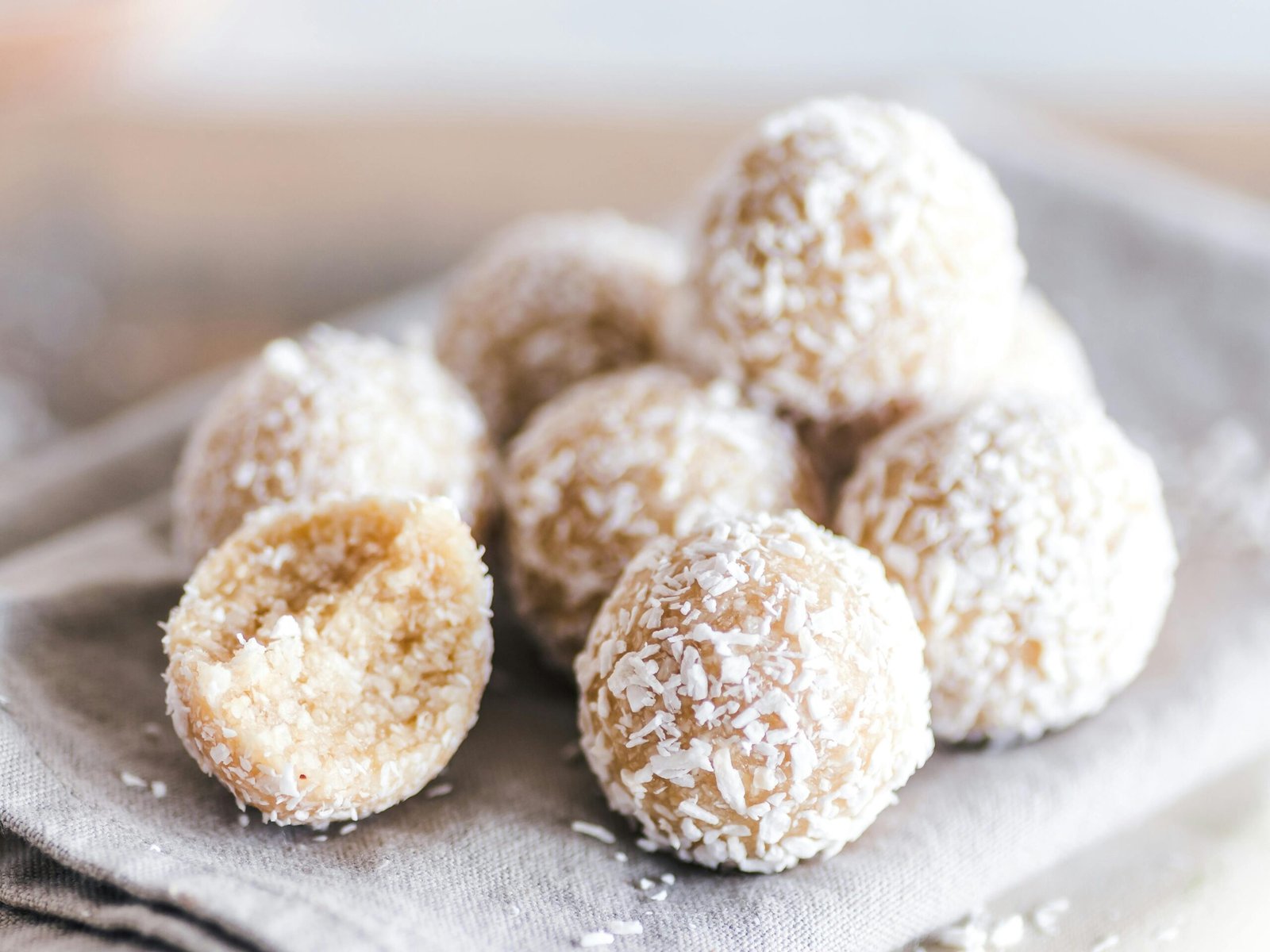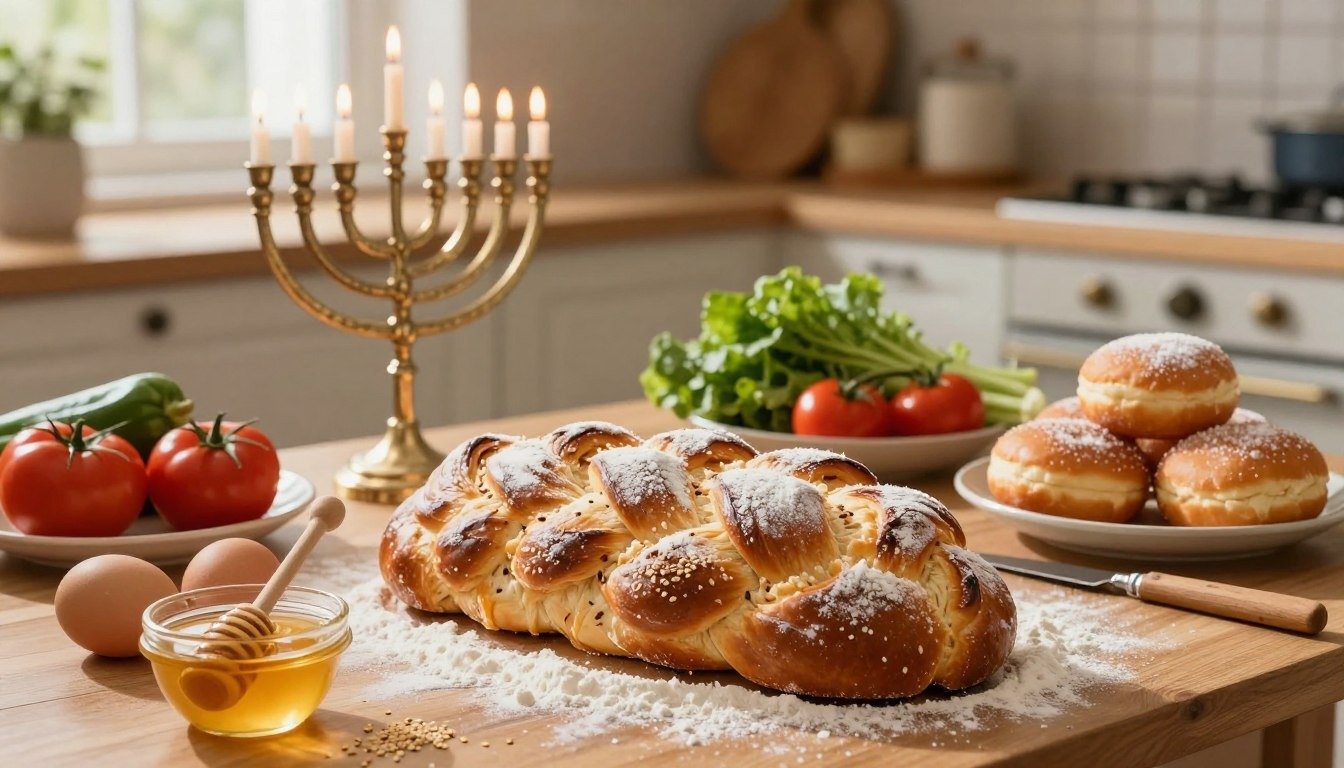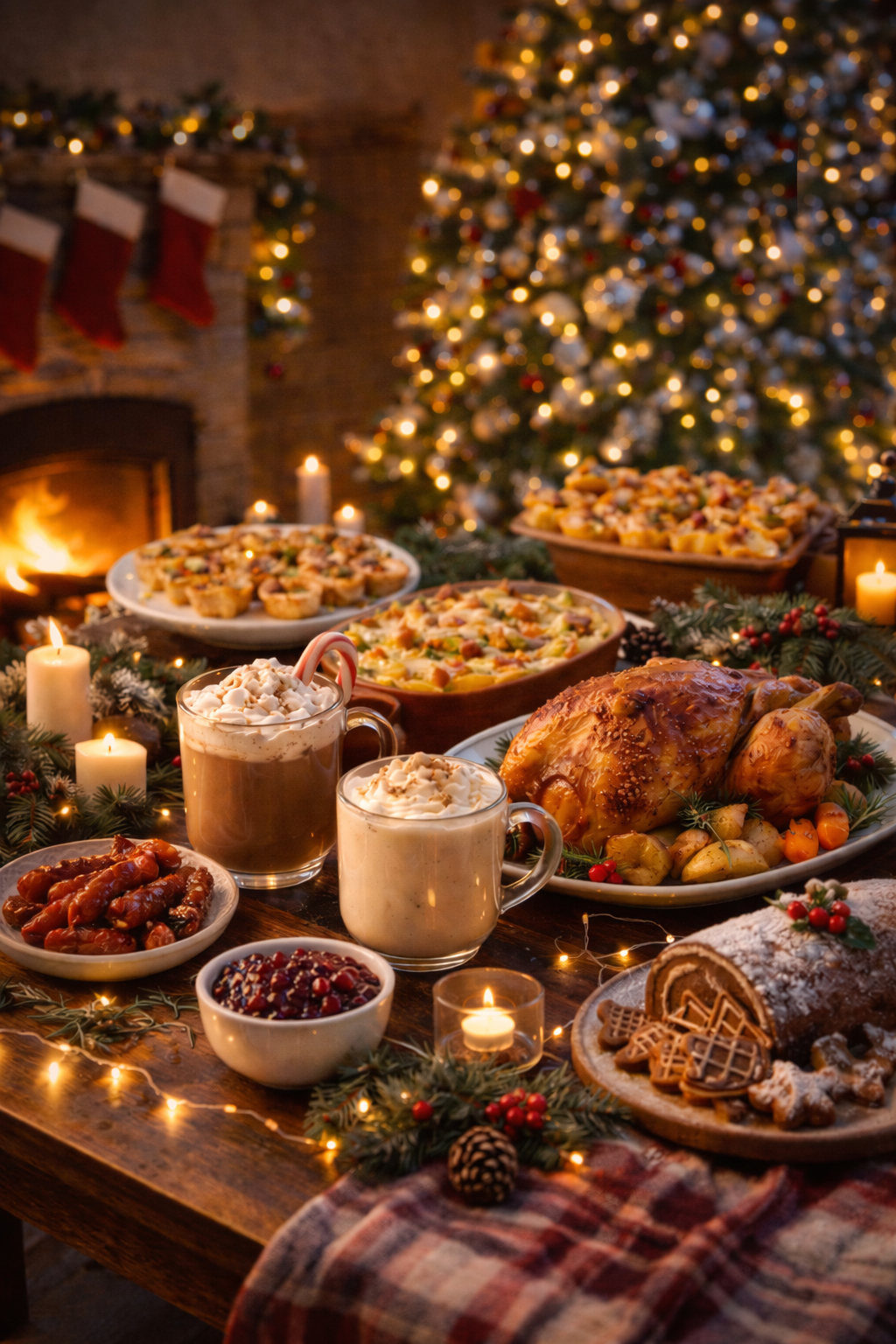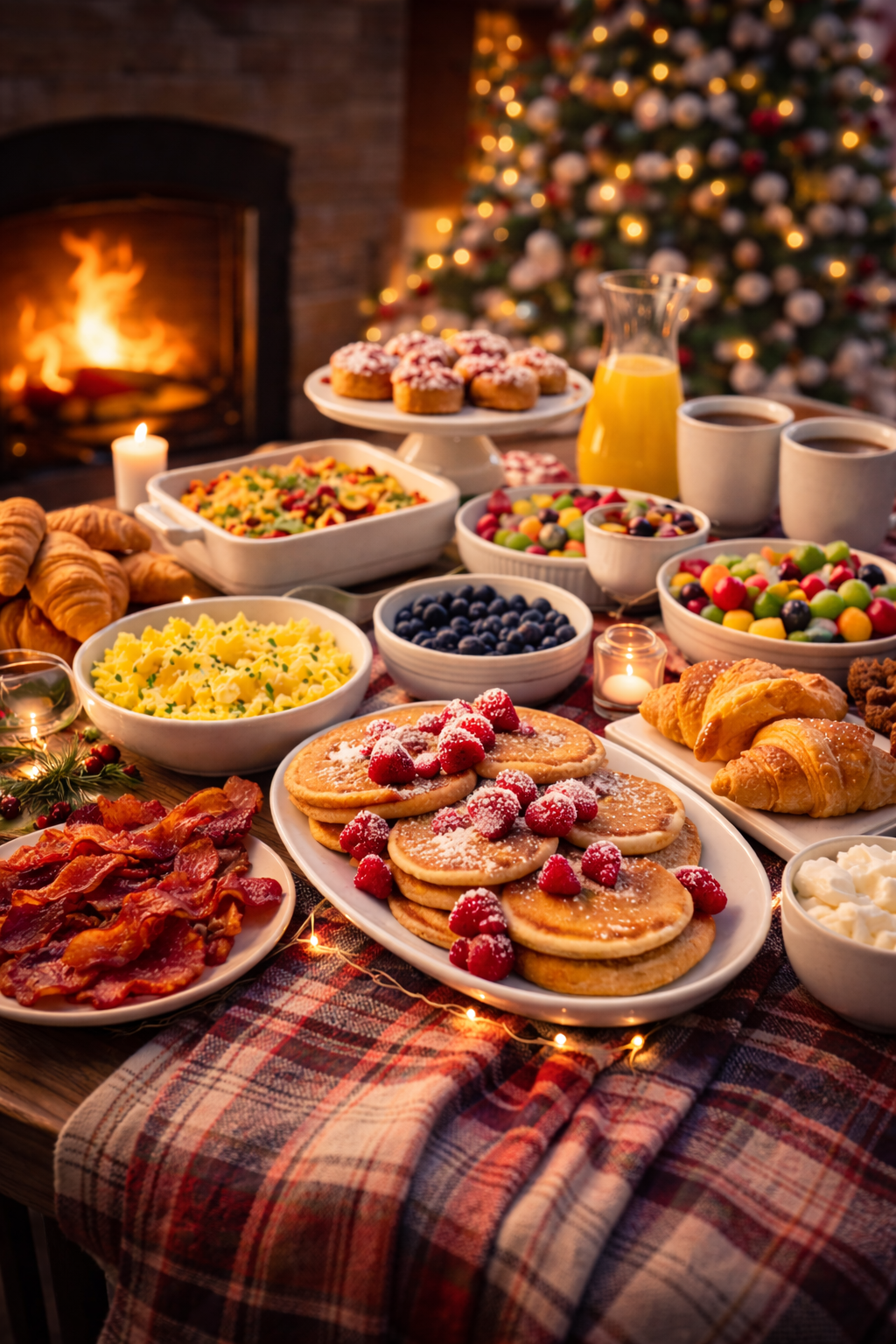Table of Contents

Introduction to French Culinary Culture
France is universally recognized as a cradle of culinary excellence, boasting a deep-rooted culinary culture that spans centuries. Rich and diverse, French cuisine is profoundly regional, with each area offering unique flavors and specialties derived from local ingredients. From the creamy, buttery dishes of Normandy to the light, olive oil-infused fare of Provence, the variety in French cooking is vast and compelling.
The significance of fresh, local ingredients cannot be overstated in the French culinary tradition. Farmers’ markets brimming with seasonal produce, artisanal cheeses, and freshly baked bread are central to everyday life. These markets not only provide the freshest ingredients but also offer a cultural experience, reflecting the community’s commitment to quality and tradition. This focus on local sourcing is a hallmark of French cuisine, ensuring that each dish is a genuine representation of its region.
Historical influences have also shaped French cooking methods and recipes. Over the centuries, French chefs have perfected techniques that are now benchmark practices in global gastronomy. The meticulous preparation methods, whether braising, poaching, or confit, emphasize precision and respect for the ingredients. This dedication to craft has earned French cuisine its esteemed position in the culinary world.
Cooking classes in France provide an unparalleled opportunity for culinary enthusiasts to immerse themselves in this rich and fascinating world. These classes often delve into traditional techniques, regional specialties, and the importance of ingredient quality, offering a hands-on experience that brings the country’s culinary heritage to life. Whether in Parisian bistros or Provençal kitchens, students gain not only cooking skills but also a deeper appreciation of the cultural and historical contexts that make French cuisine so revered.
France’s culinary legacy is one of the reasons it remains a top destination for food lovers. The blend of tradition, innovation, and an unwavering commitment to quality offers a unique and enriching experience that continues to inspire and delight culinary aficionados worldwide.
Exploring Parisian Bistro Cooking Classes
Paris, often hailed as the culinary capital of the world, offers a diverse range of cooking classes set against the charming backdrop of its iconic bistros. These classes provide an intimate setting where participants can immerse themselves in the art of French cuisine. Known for their cozy and authentic atmosphere, Parisian bistros serve as the perfect environment for learning not only traditional dishes but also the finesse that goes into creating them.
In these cooking classes, participants can expect to learn a variety of classic bistro dishes. The curriculum commonly includes beloved staples like Coq au Vin, Beef Bourguignon, and Ratatouille. Beyond the recipes themselves, students are often taught essential knife skills, providing them with the confidence to handle ingredients with precision and care. Another key component of these classes is the art of plating. Instructors emphasize techniques to ensure that the presentation of each dish is as appealing as the flavors.
Several renowned cooking schools and chefs in Paris offer these specialized bistro cooking classes. One such institution is the prestigious Le Cordon Bleu, where aspiring chefs can learn from some of the industry’s best. Additionally, La Cuisine Paris, situated near the Seine River, offers hands-on classes that delve into bistro classics alongside market tours for a fully immersive experience. For those looking to learn from a master, Chef Cyril Lignac’s Atelier offers classes that reflect his modern take on traditional French cuisine.
Participants in these Parisian bistro cooking classes not only gain culinary skills but also a deeper appreciation for the culture and history behind each dish. Whether you are a novice cook or a seasoned home chef, these classes provide an enriching experience that is sure to elevate your cooking repertoire and leave you with lasting memories of your time in France.
The Allure of Pastry Schools in Paris
France, renowned for its culinary art, has a particularly special place in its heart for pastries. In Paris, the delicate art of patisserie is not merely about creating desserts; it is a cultural phenomenon that encapsulates the country’s rich history and culinary expertise. French pastries such as croissants, éclairs, macarons, and tarts are more than just sweet treats; they are symbols of French sophistication and culinary craftsmanship. The world of French patisserie offers a unique allure, drawing students from across the globe eager to master these timeless recipes.
Pastries occupy an integral role in the daily life of Parisians. The streets of Paris are dotted with patisseries that offer these delightful creations, and the aroma of fresh croissants often fills the air. For those wishing to delve deeper into the magic behind these confections, numerous schools offer cooking classes specializing in patisserie. Notable among these are Le Cordon Bleu, École Lenôtre, and Ferrandi Paris. These esteemed institutions provide comprehensive training programs that cover everything from basics to advanced techniques in pastry making.
In particular, Le Cordon Bleu stands as an iconic culinary academy where students can immerse themselves in the art of French pastry. The school offers specialized courses where one can master the delicate layers of a croissant, the intricate decorations of éclairs, and the precise art of macaron-making. Similarly, École Lenôtre provides an educational experience that blends tradition with contemporary techniques, ensuring students leave with profound skills and an appreciation for French patisserie.
For a more hands-on and intimate learning experience, smaller cooking classes are available throughout Paris. These classes often provide personalized instruction and an immersive cultural experience. Programs at La Cuisine Paris, for example, offer the chance to create authentic pastries while learning about their historical significance and traditional techniques. Each class ensures that participants leave not only with newfound skills but also with a deeper appreciation for the delicate balance of flavors and textures that makes French pastries so extraordinary.
Whether one is pursuing a professional career in baking or seeking to enrich their culinary repertoire, the pastry schools of Paris provide an unparalleled gateway to the timeless art of French patisserie, ensuring that its allure continues to captivate and inspire.
Cook like a Local: Market-to-Table Classes in Provence
Participating in market-to-table cooking classes in Provence offers a truly immersive culinary experience, allowing you to cook like a local in one of France’s most picturesque regions. These unique cooking classes often begin with a delightful trip to the local farmers’ markets, where participants are invited to select fresh, seasonal ingredients. The market visit is not only a chance to procure the best produce that Provence has to offer but also an opportunity to engage with local vendors and learn about the region’s culinary traditions.
Stepping into the bustling marketplace, you’ll encounter vibrant stalls brimming with sun-ripened fruits, aromatic herbs, and freshly picked vegetables. The selection process is guided by the cooking instructor, who imparts valuable insights into choosing the finest ingredients. This hands-on experience is central to understanding Provence’s food culture, which emphasizes freshness and quality.
Once the market baskets are full, the next stage of the cooking class unfolds in a traditional Provençal kitchen. Here, the focus shifts to transforming the market’s bounty into delicious regional dishes. Participants are often greeted by rustic aromas and the warm, inviting atmosphere characteristic of French country kitchens. Under the expert guidance of skilled chefs, you will learn to prepare a variety of dishes that showcase the quintessential flavors of Provence.
The types of dishes commonly prepared in these classes are heavily influenced by the seasons. In spring and summer, expect to create vibrant salads, ratatouille, and dishes featuring grilled meats and fresh seafood. Autumn and winter bring heartier recipes, such as stews and casseroles, which make full use of earthy root vegetables and robust herbs. Each meal embodies the essence of Provençal cuisine, with its emphasis on simplicity, balance, and the natural flavors of the ingredients.
Market-to-table cooking classes in Provence are not just about learning recipes; they are about experiencing the rhythm and traditions of local life. This culinary journey fosters a deeper appreciation for the artistry and heritage of French cooking, making it an enriching experience for any food enthusiast.
Rustic Cuisine in the French Countryside
Delving into the rustic charm of France’s countryside offers an unrivaled culinary experience for those participating in cooking classes. Regions such as Burgundy, Normandy, and the Loire Valley are replete with unique culinary traditions deeply rooted in the local terroir. These rural areas are where the soul of French gastronomy truly resides, offering a plethora of opportunities to learn and appreciate traditional cooking techniques.
In Burgundy, for instance, cooking classes harness the region’s rich agricultural bounty, focusing on hearty dishes like boeuf bourguignon and coq au vin. Participants can expect to work with renowned local ingredients such as Burgundy truffles, Dijon mustard, and Charolais beef. These classes often emphasize the importance of slow cooking and the layering of flavors to enhance the depth and complexity of the dishes.
Normandy, famed for its apple orchards and dairy farms, offers a different yet equally delightful culinary experience. Cooking classes here might include preparing classics like moules à la normande (mussels cooked in apple cider and cream) or tarte tatin, an upside-down caramelized apple tart. The focus on fresh, locally sourced ingredients such as camembert cheese, apples, and seafood ensures that participants gain a profound understanding of the region’s culinary ethos.
The Loire Valley, often referred to as the “Garden of France,” is another hub for rustic cooking classes that celebrate the area’s abundant produce and wines. Learners might find themselves crafting dishes like rillettes, a type of pâté, or tarte aux poires (pear tart), with an instructional highlight on preserving the freshness and natural flavors of the ingredients. The utilization of local herbs, vegetables, and game is a testament to the region’s devotion to farm-to-table cuisine.
These cooking classes not only teach the art of preparing traditional, hearty dishes but also instill in participants an appreciation for the simplicity and authenticity of rural French cooking. The emphasis on locally sourced ingredients and time-honored techniques provides a comprehensive culinary education, deeply connecting participants to the essence of France’s gastronomic heritage.
Wine and Food Pairing Education
Wine holds a pivotal place in French cuisine, acting as both a complement and an enhancer of flavors in meals. In many cooking classes across France, the art of wine and food pairing is an integral component of the curriculum. These classes go beyond cooking instructions; they immerse students in the tradition and subtleties of French wine culture. By understanding how different wines can elevate the dining experience, students gain a holistic appreciation of French culinary practices.
Renowned for their wines, regions such as Bordeaux, Burgundy, and the Loire Valley provide the perfect backdrop for these educational experiences. In Bordeaux, classes might focus on pairing robust red wines with hearty dishes like coq au vin, while in Burgundy, emphasis might shift towards matching Pinot Noir with a delicate boeuf bourguignon. Instructors in these regions often offer insights into the local viticulture, explaining how soil, climate, and methods of production influence the characteristics of the wines.
Meanwhile, in the Loire Valley, known for its crisp Sauvignon Blanc and Chenin Blanc, students can learn to pair these whites with light, flavorful dishes such as goat cheese salads or seafood. Cooking classes in these areas often include visits to local vineyards, allowing students to taste and understand the wines in their natural context. They also educate students on the principles of wine tasting—balancing acidity, sweetness, tannin, and alcohol levels against the components of the dish.
By integrating wine and food pairing into their curriculum, cooking classes in France offer a comprehensive culinary education. This practice not only teaches students to create balanced and harmonious meals but also deepens their connection to French culture. Whether in Parisian bistros or Provençal kitchens, these lessons reveal how wine enhances the nuances of French cuisine, making the gastronomic experience truly extraordinary.
Hands-on Experiences: Cooking Vacations and Retreats
Immersive cooking vacations and retreats in France offer a comprehensive culinary experience that far surpasses a traditional cooking class. These extended programs are designed to provide a deep dive into French cuisine, presented in the context of the country’s rich cultural heritage. Typically, participants stay in picturesque locations, ranging from rustic countryside farmhouses to charming châteaus.
During these immersive cooking vacations, participants often visit local vineyards, where they gain an understanding of the wine-making process and learn about the perfect wine pairings for different French dishes. Tours of local farms are also common, offering firsthand insights into the freshest ingredients used in French cooking. The connections formed with local producers and artisans add a unique layer of authenticity to the experience.
Daily cooking sessions are an integral part of these retreats, covering a variety of French culinary techniques. Whether it’s mastering the art of making puff pastry or perfecting the delicate balance of flavors in a traditional bouillabaisse, each session is crafted to enhance the participant’s culinary skills. These hands-on lessons are often led by skilled chefs, many of whom bring years of experience from renowned Parisian bistros or acclaimed Provençal kitchens.
In addition to the gastronomic education, these retreats often include cultural excursions that complement the culinary focus. Participants might explore local markets, attend food festivals, or visit historical sites. This holistic approach ensures that attendees not only leave with improved cooking abilities but also with a richer appreciation of French culture.
Ultimately, a cooking vacation or retreat in France offers a unique, immersive experience that combines culinary education with cultural exploration. The blend of hands-on cooking sessions, visits to vineyards and farms, and cultural activities creates a memorable and enriching journey into the heart of French gastronomy.
Tips for Choosing the Right Cooking Class in France
When selecting the ideal cooking class in France, it is pivotal to consider various factors that will ensure a fulfilling and educational experience. The first aspect to reflect on is your own interest and skill level. Whether you are an amateur home cook or an experienced gastronome, identifying your proficiency helps in choosing a class that aligns with your culinary aspirations.
Class size is another crucial element to take into account. Smaller class sizes typically allow for more personalized attention from the chef, fostering a more hands-on learning environment. Conversely, larger classes may offer a more social experience, which can also be enriching. Depending on your preference for intimacy or group interaction, you can select accordingly.
Duration and scheduling of the class should coincide with your travel itinerary and availability. Some cooking classes in France are short, lasting just a few hours, while others may span several days to weeks for more intensive training. It is advisable to balance the course length with your overall travel plans to maximize both learning and leisure in your French sojourn.
Language is another vital consideration. Although many cooking classes in France offer instruction in English, there might be some that are conducted in French or other languages. Ensuring that the class language is one you are comfortable with will prevent any miscommunication and enhance your learning experience.
Investigating the chef’s credentials can provide insight into the depth and authenticity of the class. Renowned chefs or those with significant culinary accolades and experience in the French culinary landscape often deliver more insightful and informative classes. Reviews and testimonials from previous participants can also serve as an essential resource in evaluating the quality of the instruction.
For bookings and further details, numerous platforms such as Viator, Cookly, and Airbnb Experiences offer extensive listings of cooking classes in France. These platforms provide user reviews, photographs, and detailed descriptions that aid in making an informed choice.
